Tourist taxes vary widely, significantly impacting travel budgets across popular destinations worldwide.
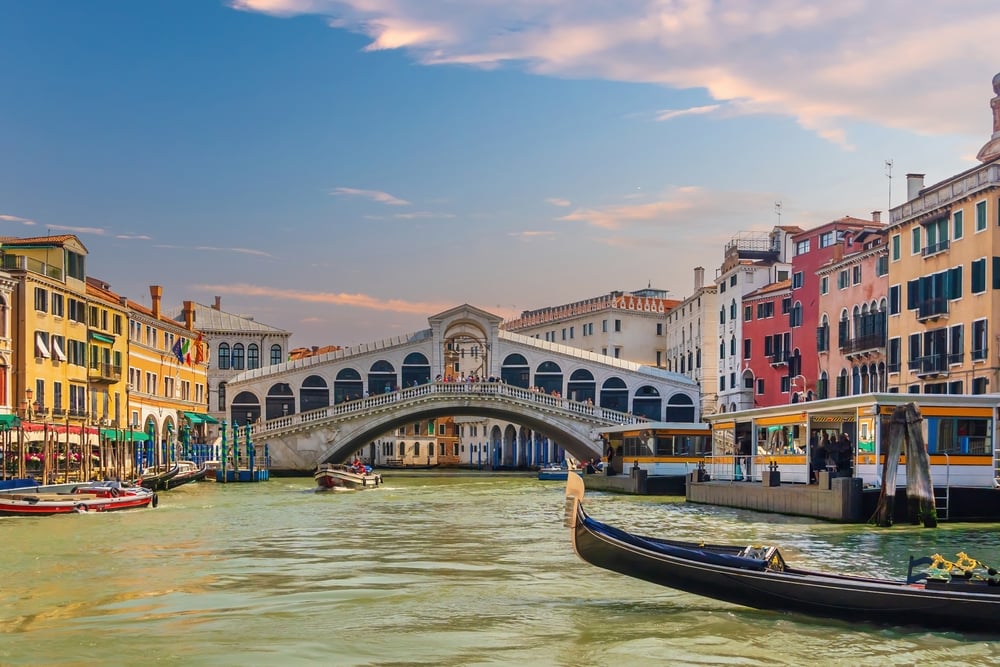
Understanding tourist taxes is essential for effective travel budgeting, as many cities impose varied fees that quickly add to accommodation costs. These charges, often layered onto hotel bills or per person per night, can transform expected expenses and influence trip plans. Awareness of local government fees and visitor surcharges enables travelers to compare destinations and prepare for otherwise unexpected tourism expenses.
1. Venice imposes high tourist taxes that hike up accommodation costs.
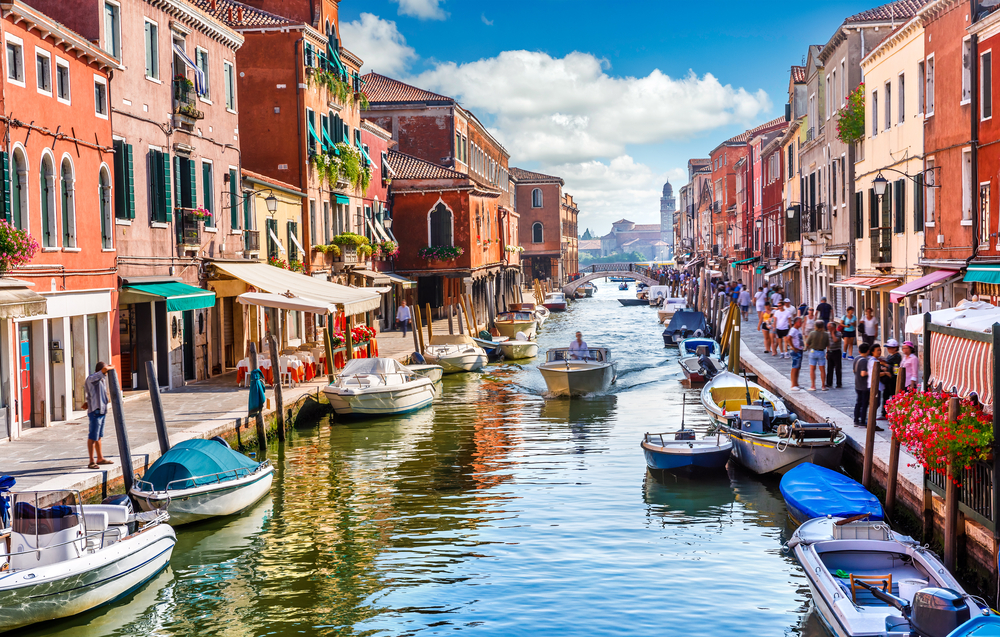
Venice levies a significant accommodation tax, uniquely affecting tourists. The tax is structured per night and varies based on the hotel’s star rating, subtly influencing travelers’ budgets. Alongside picturesque canals, this cost can turn a romantic getaway into a pricey venture.
Consider a modest hotel, where taxes add up unexpectedly over several nights. This kind of cumulative expense alters how budget-conscious travelers experience the city, forcing choices between dining on authentic risotto or saving for the gondola ride home. Venice’s appealing charm comes with financial layers that require understanding.
2. Barcelona’s visitor fees significantly increase the price of staying overnight.

In Barcelona, visitor fees are more than just an addition; they transform overnight stays. The fee, tied to local policies, aims to balance tourism’s impact, reshaping perceptions of expense. A simple hostel bed costs more than expected when these surcharges are included.
These taxes reflect the city’s vibrant tourism culture, highlighting the delicate balance Barcelona maintains. While experiencing Gaudí’s architecture, tourists feel these financial ripples, affecting leisure choices. When budget constraints dictate plans, such extra fees influence how far the travel wallet stretches during a Catalan escape.
3. Paris charges an additional city tax on top of hotel bills.
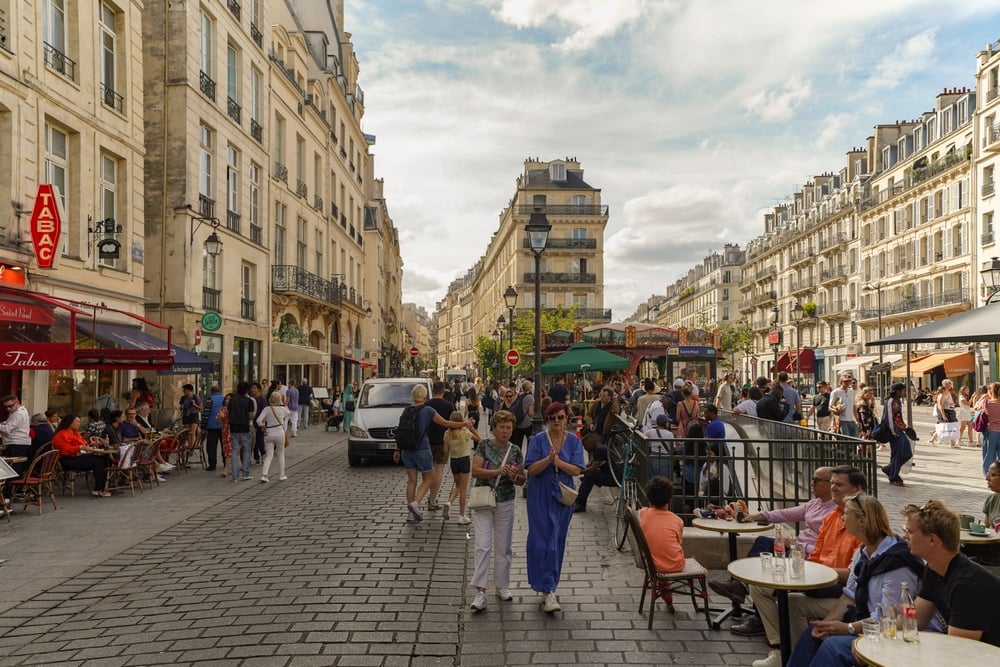
Paris adds a city tax atop typical hotel bills, creating a distinct layer of tourist fees. This extra cost, calculated per person per night, surprisingly affects the overall expense for travelers. Its understated presence is felt in the city’s elegant hotels.
A quick escape to the City of Light can become a budgeting puzzle. These taxes, while supporting local services, adjust how Parisians and visitors alike experience the charm of the capital. Dining at a bistro or visiting a museum takes careful planning when such fees loom large.
4. Amsterdam requires tourists to pay levies that raise lodging expenses.
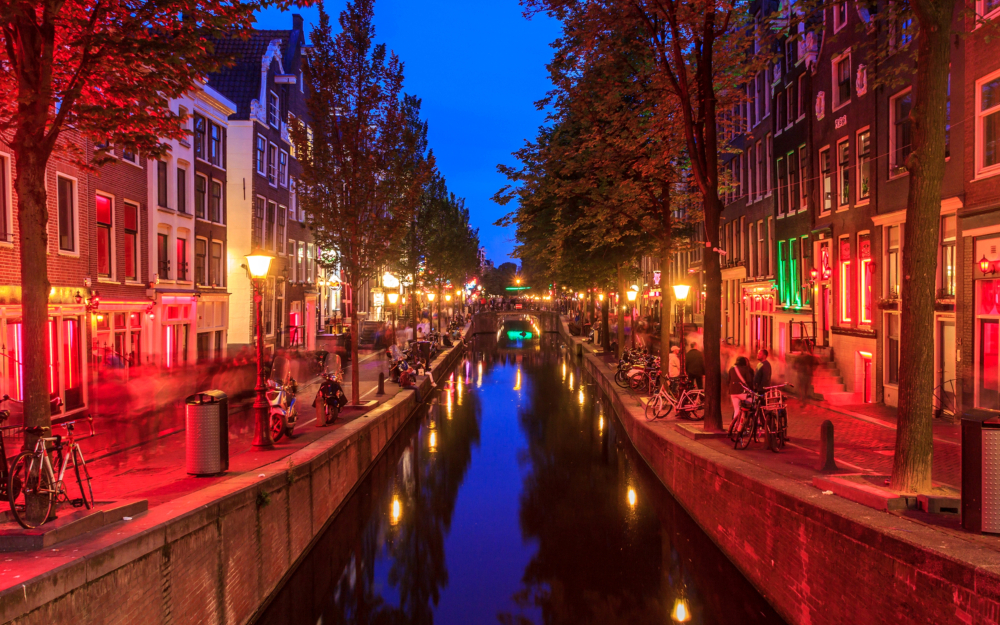
Tourists face an accommodation levy in Amsterdam that elevates lodging costs. This levy, implemented to manage tourism’s impact, is applied as a percentage of the hotel bill or per stay. Travelers encounter it right in the heart of canal-lined streets.
Effectively, this fee reshapes the Amsterdam experience. Costs escalate subtly yet significantly for budget travelers. Navigating through markets or biking past historic facades, one feels the tug of the levy’s impact. Accommodations suddenly demand more, reshaping plans for this Dutch city.
5. Rome’s tourist taxes are notable for affecting budget travelers the most.
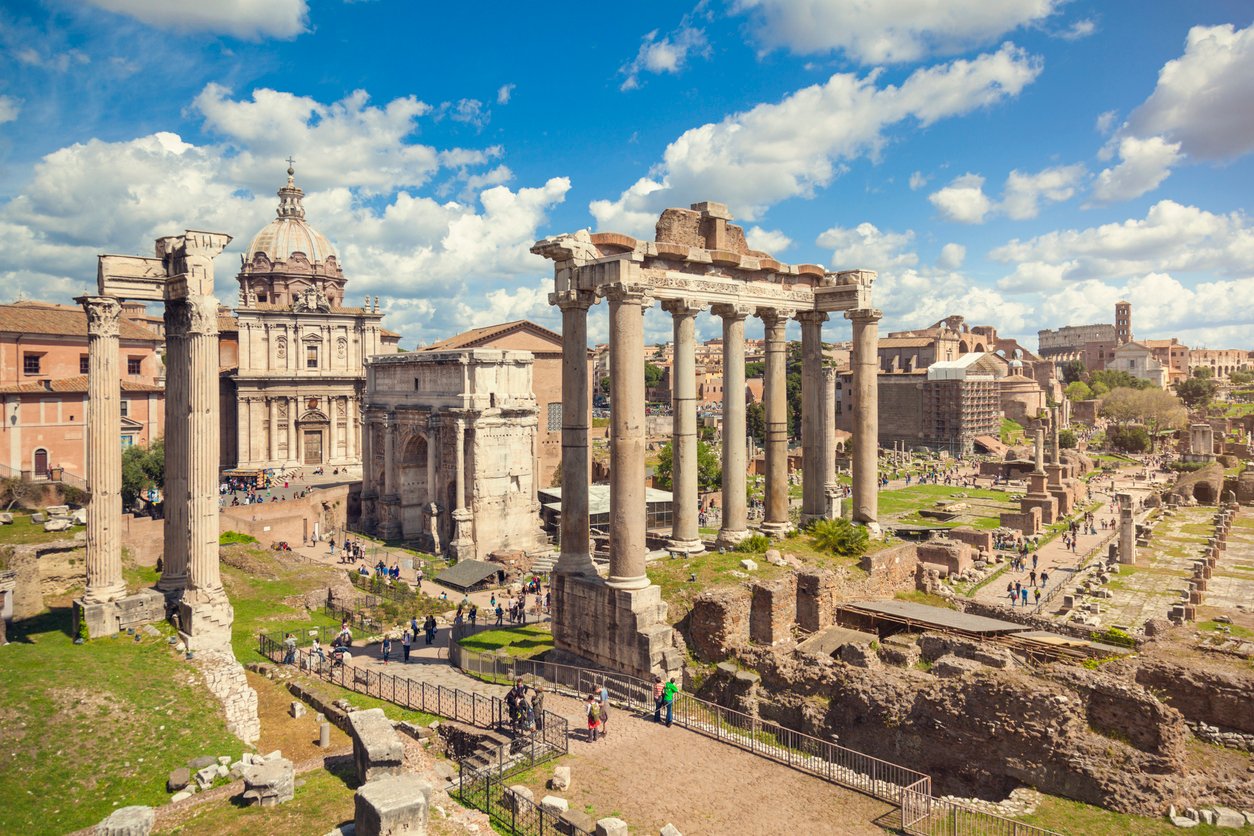
Rome, renowned for historic grandeur, imposes tourist taxes that resonate with budget travelers. These fees vary based on accommodation type and are designed to support city upkeep. When combined with local costs, they become an influential factor in travel planning.
For visitors, the impact goes beyond monuments and museums, subtly shifting day-to-day choices. A gelato by the Colosseum or an espresso at a corner cafe must be considered in light of these fees. Rome’s romance intertwines with the reality of budgeting.
6. Prague includes fees that can quickly add to your accommodation budget.

Prague’s city fees extend beyond standard lodging costs. Calculated per night and person, these charges quicken the race to exceed a budget. Unseen at first, they weave through the historic streets and towering spires, influencing tourists’ financial paths.
As the astronomical clock chimes, travelers often find their budgets whittled down, forcing thoughtful decisions. Should one linger for an extra night or leave with a keepsake? These nuances shape the Bohemian experience in a city renowned for its fairy-tale charm.
7. New York City has a range of tourist surcharges that inflate hotel prices.
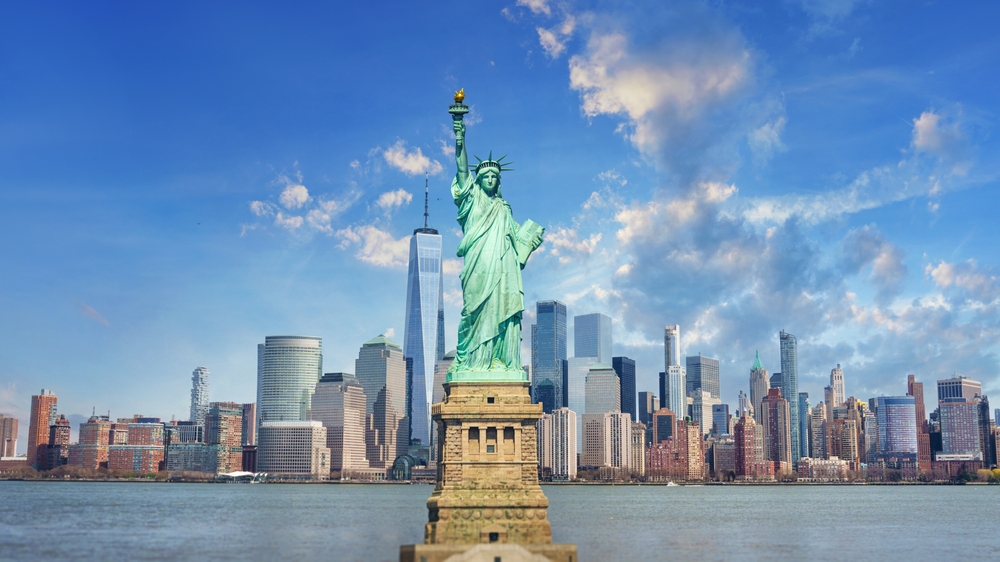
Tourists in New York City face a diverse collection of taxes and surcharges when booking hotels. These can include state and city sales taxes, along with a nightly occupancy tax, collectively inflating the overall cost of a stay.
As autumn leaves blanket Central Park or Broadway lights up weekends, these financial elements adjust travel experiences. Couples opting for a quaint bed-and-breakfast feel the constraints when dues start piling up. New York’s tall buildings may dwarf budgets but never imagination.
8. Lisbon applies taxes that contribute to a noticeable rise in stay costs.

Lisbon adds a tourist tax that subtly raises accommodation expenses. Charged per night, this tax contributes to maintaining the city’s rich cultural heritage. Although it seems a minor detail, these fees accumulate quickly, transforming how travelers perceive their nightly stays.
While historic trams rattle through Lisbon’s mosaic streets, visitors soon notice the financial ripple effects. Choosing between a night of fado or an additional day exploring Lisbon becomes a thought exercise, where tourist taxes serve as an invisible editor of plans.
9. London adds fees that boost overall expenses for visitors staying in hotels.

London’s hotel stays are accompanied by fees that gradually increase visitor costs. These additional expenses help manage the tourism footprint in a bustling city, revealing themselves on the final bill and altering expectations for travelers eyeing Big Ben and the Thames.
For many, these mandatory fees enter budget calculations, tinkering with planned escapades. Afternoon tea or admission to history-laden museums often takes second place when confronted with rising accommodation costs. London’s charm remains, while its hefty price tag keeps travelers alert.
10. Tokyo incorporates tourist taxes that make accommodations more expensive.

Tokyo integrates taxes into its accommodation pricing, quietly contributing to the cost. As a cultural hub blending tradition with innovation, Tokyo asks tourists to pay accommodation taxes, which bolster various local amenities. Such fees subtly alter holiday budgets.
Experiencing Tokyo’s bustling Shibuya or tranquil temples, visitors weigh expenses. Opting between sushi highs or serene zen gardens reflects these financial considerations. The city balances ancient rituals with modern living costs, awaiting the conscientious traveler’s careful study of hosted experiences.
11. Dubrovnik is known for imposing charges that increase the cost of visits.
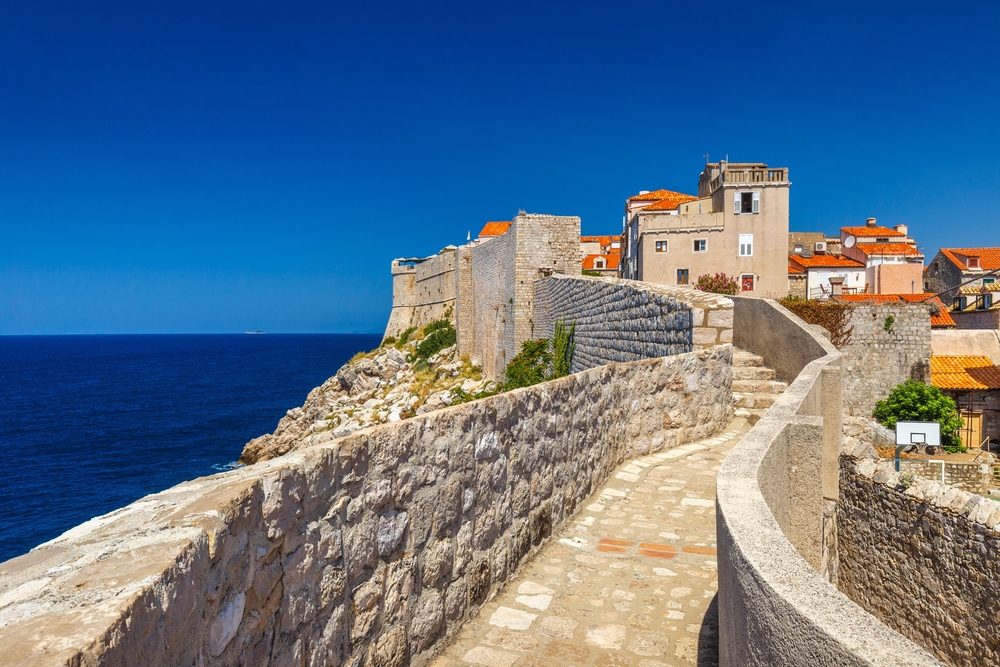
Among Croatia’s most picturesque destinations, Dubrovnik enforces visitor charges that influence trip expenses. These fees, attached to accommodation and charged nightly, reflect the city’s delicate balance between welcoming tourists and preserving heritage. Over a week, costs accumulate, shaping financial landscapes.
Cobblestones echo with the footsteps of thrifty tourists recalibrating plans. Every sunset over orange-tiled roofs reminds travelers of these fees’ impact, mixing emotions of admiration with mindfulness. Dubrovnik’s allure intertwines with the hidden tale of taxes.
12. Copenhagen’s city fees catch travelers unaware with added nightly charges.

Copenhagen’s application of nightly visitor fees alters the price of enjoying this Scandinavian capital. These additional charges support local projects while noticeably adding to budgets. Travelers face a nuanced experience where enjoying urban design comes with financial considerations.
Navigating Tivoli Gardens or sampling Danish pastries, cost-conscious visitors adjust itineraries. The sleek lines of Danish architecture become entangled with the awareness of an unseen expense, refining how artists and adventurers alike experience hygge in this northern haven.
